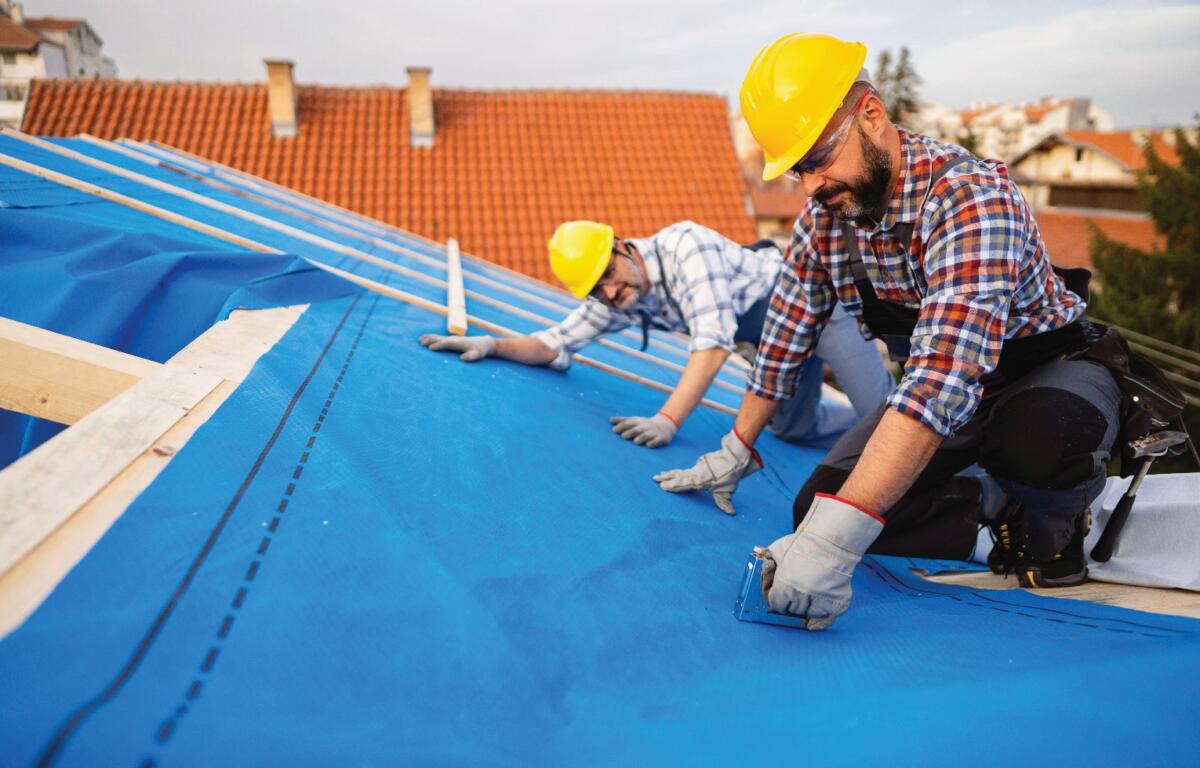Let’s take a look at Roofs. What types of roofs are available, their estimated life span, and when are repairs or a complete replacement recommended? With Corinne Fitzgerald, Broker/Owner of Fitzgerald Real Estate – Greenfield, MA
When buying or selling a home—or simply protecting the one you already have—the roof is vital component of a home. Roofs are considered a capital improvement, one of a home’s more costly components. As a long-time real estate professional and owner of Fitzgerald Real Estate in Greenfield, Corinne Fitzgerald has seen firsthand how roofs can impact everything from curb appeal to sealing the deal. “The type of roof you have matters as much as its condition,” she says. “Whether it’s asphalt, metal, slate, or a rubber membrane, each material wears differently over time—and knowing what you’re working with helps you make smart decisions about its longevity and when it comes time for replacement.”
Q: Corinne, can you walk us through the most common types of roofing materials?
A: Absolutely! Here are the four major types of roofs you’re likely to see around New England and Western Mass:
- Asphalt Shingles – This type of material is the most common. Architectural shingles last about 25-35 years and are relatively easy to repair and replace.
- Metal Roofing – Typically made from steel or aluminum. It’s long-lasting, approximately 50-80 years, but the upfront cost is higher.
- Slate —Slate is incredibly durable—it can last 100 -150 years. As it ages, the need for repair or replacement of individual slates is possible before full replacement is needed.
- Rubber Membrane (EPDM) – This is usually found on flat or low-slope roofs with a life span of 40-50 years. It’s more common in commercial buildings but used in residential homes, too.
Q: What are some of the warning signs that a roof needs to be repaired or replaced?
A: The most obvious sign is a leak, which you might see as brown stains on ceilings or damp spots in the attic. But, by that time, it could create more serious issues with the structure and require more expense replacement, so it is best to deal with it before you see leaks. Look for these indicators and seek professional advice:
- Cracked or curling shingles, this is a common sign of pending failure in asphalt roofs.
- Granules collecting in your gutters, which means your asphalt shingles are breaking down.
- Light coming through the attic, especially in slate roofs, may only need a repair.
- Rusting or exposed nails, which can allow water intrusion, are more common in slate roofs.
- Moss, mold, or mildew on the roof—these can trap moisture and lead to rot, which is common on asphalt roofs.
Again, If you see any of these signs, call a roofing professional before the problem worsens. Sometimes, a simple fix is enough, but other times, a complete replacement might be necessary and more cost-effective if you catch it early enough.
Q: From a real estate perspective, how critical is roof condition when selling a home?
A: Buyers often ask, “How old is the roof?” If a roof is near the end of its life or showing signs of leaking, it can deter a buyer, especially if they have limited funds. On the flip side, a newer roof adds value and peace of mind, knowing they will not have a significant expense early on.
Q: What’s your final advice for homeowners regarding their roof?
A: Keep an eye on it! Most people don’t think about their roof until they see visible issues inside, which is usually too late. But regular inspections, especially after a big storm, can catch problems early. And if you’re unsure about what kind of roof you want when it comes time to replace it, call a professional roof to discuss your options. It’s a substantial investment and a vital component of your home.
About Fitzgerald Real Estate:
Located in the heart of Greenfield, Fitzgerald Real Estate has been helping homeowners and soon-to-be homeowners throughout Franklin County and upper Pioneer Valley for over 38 years. Corinne and her team offer local market expertise, honest advice, and personalized service to every client because, to them, real estate is about creating positive relationships and making sure their clients have all the tools they need to reach their goal of buying or selling their home as smoothly and enjoyable as possible.


